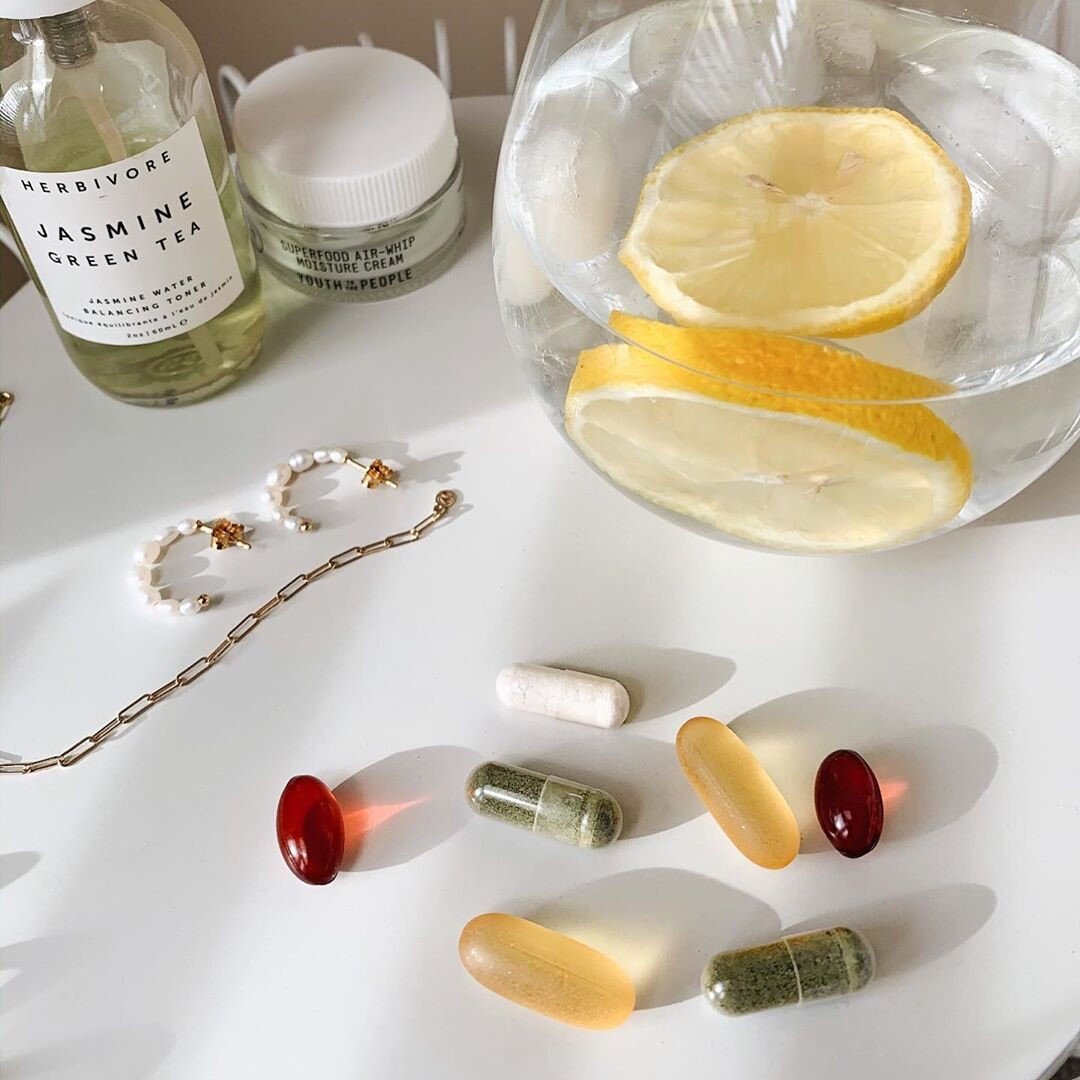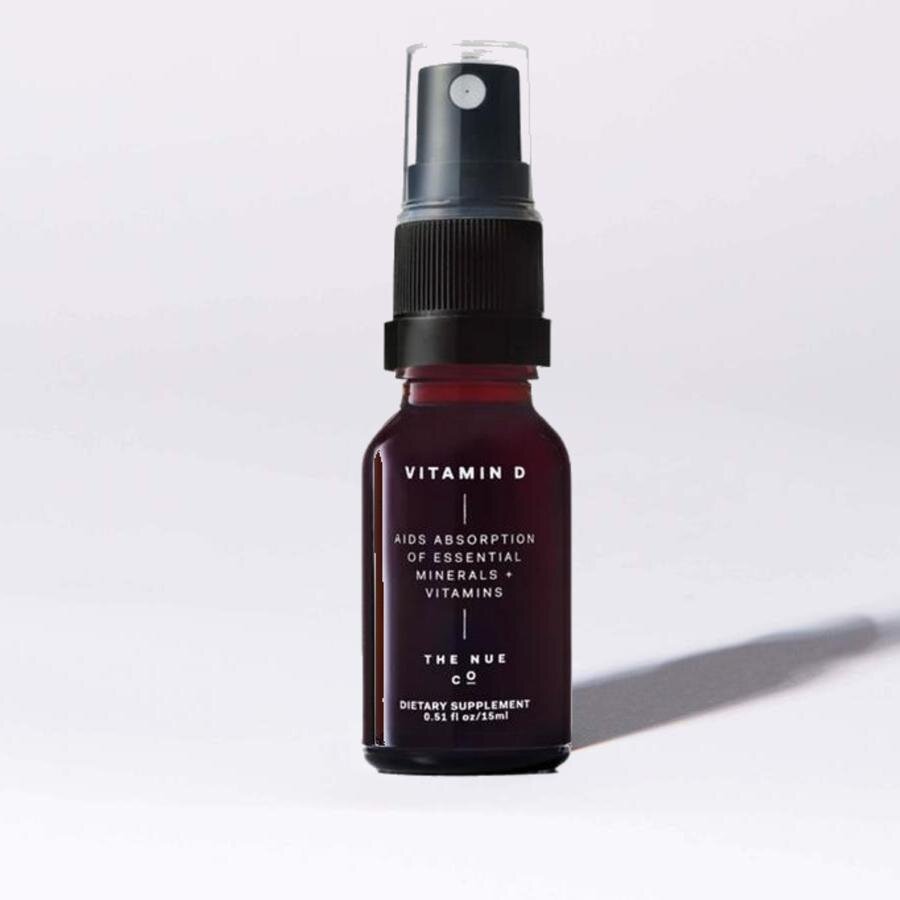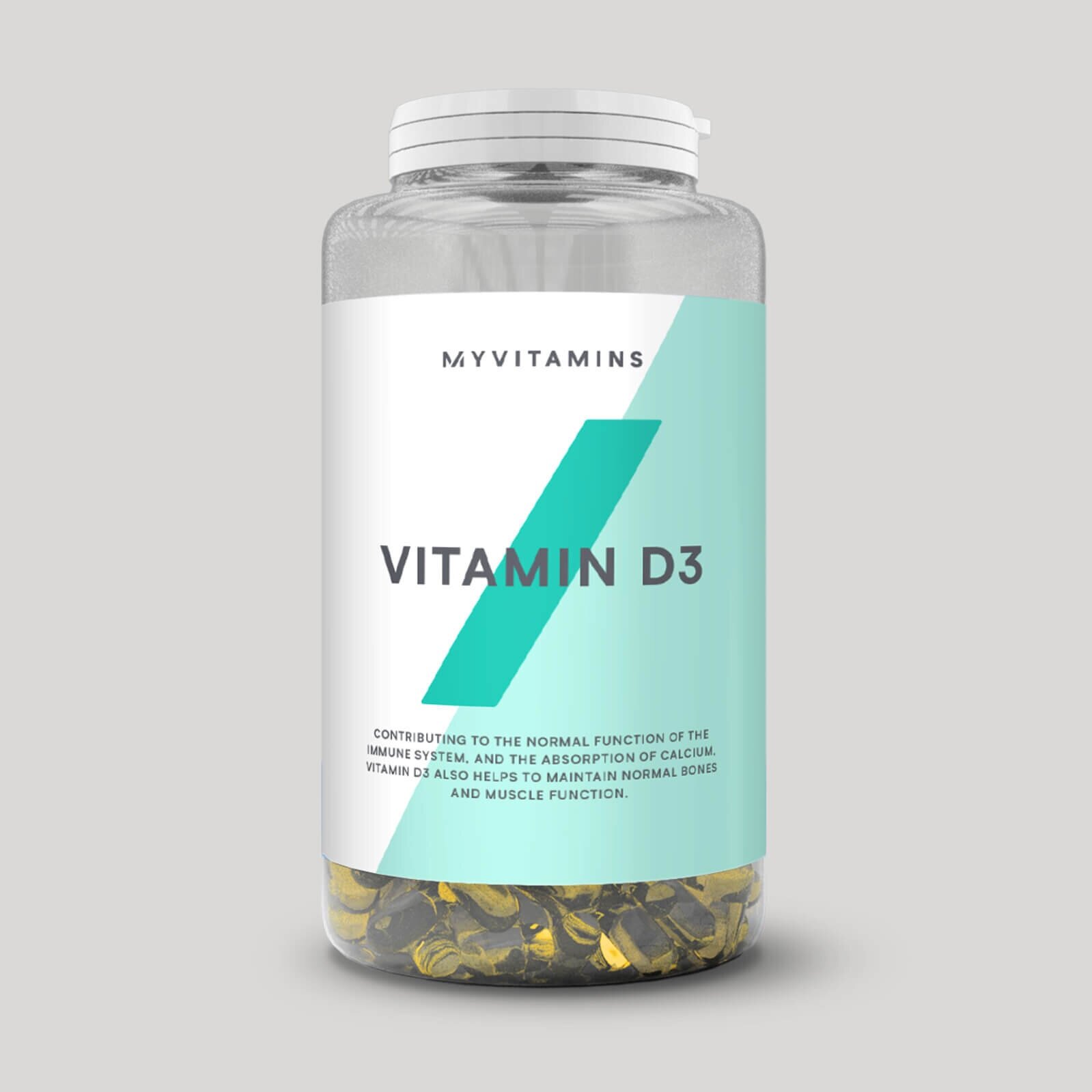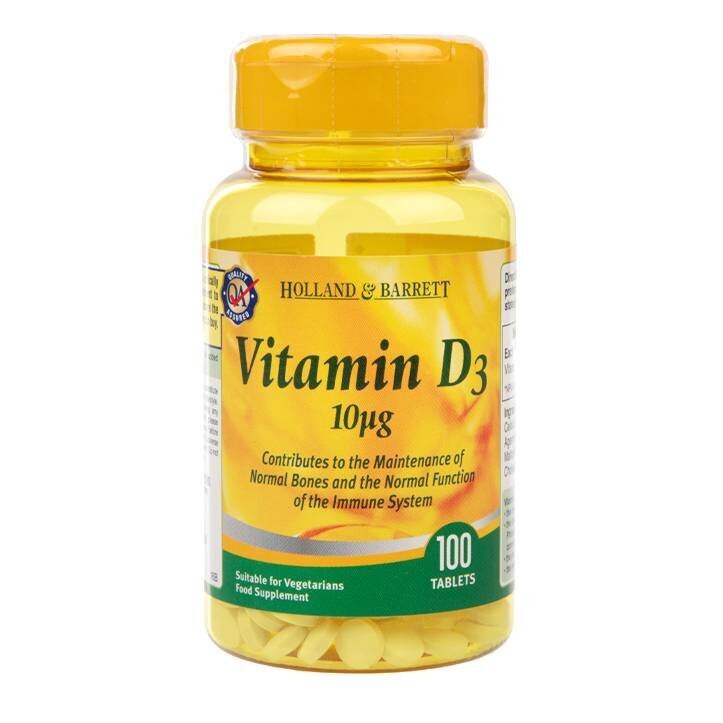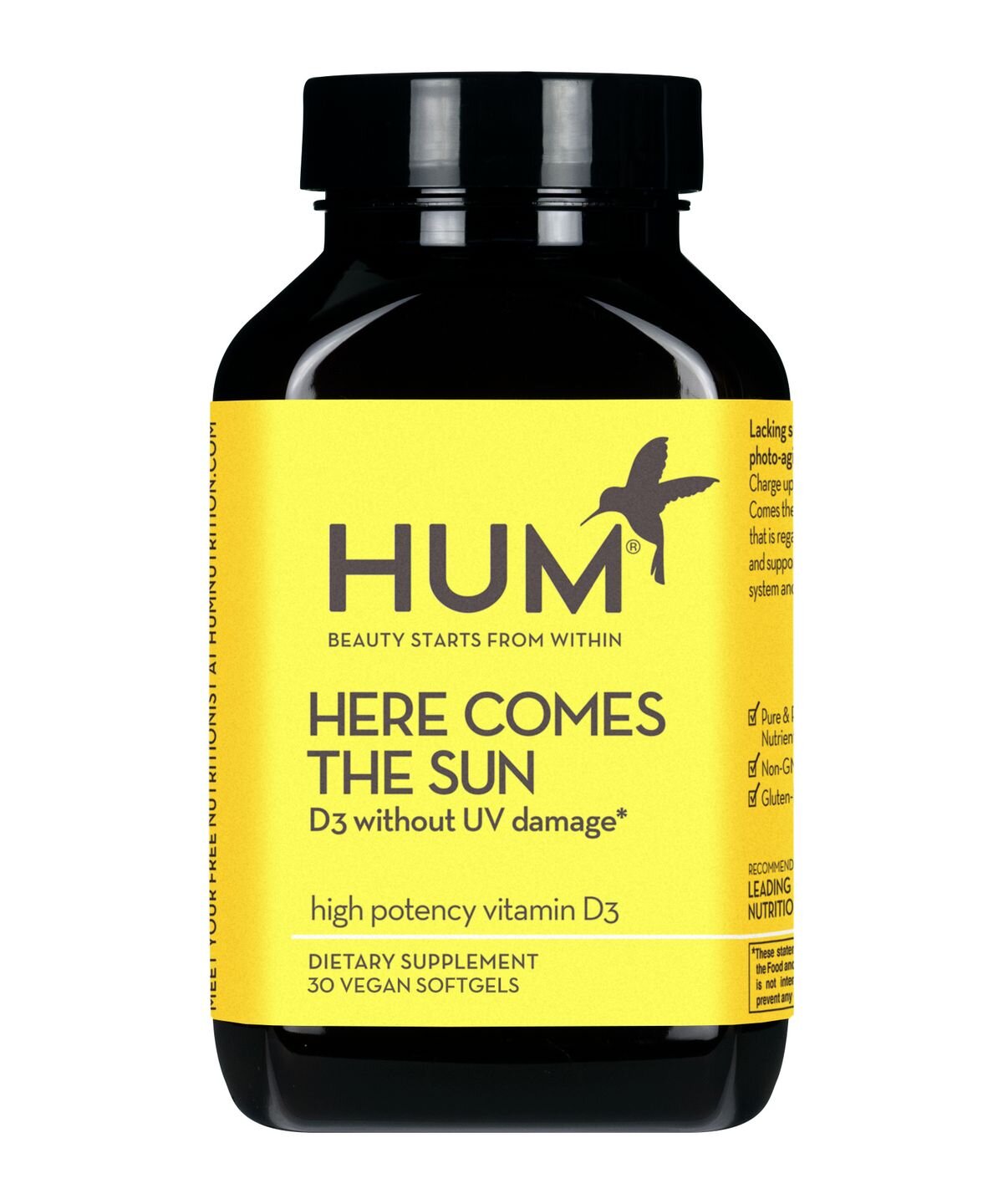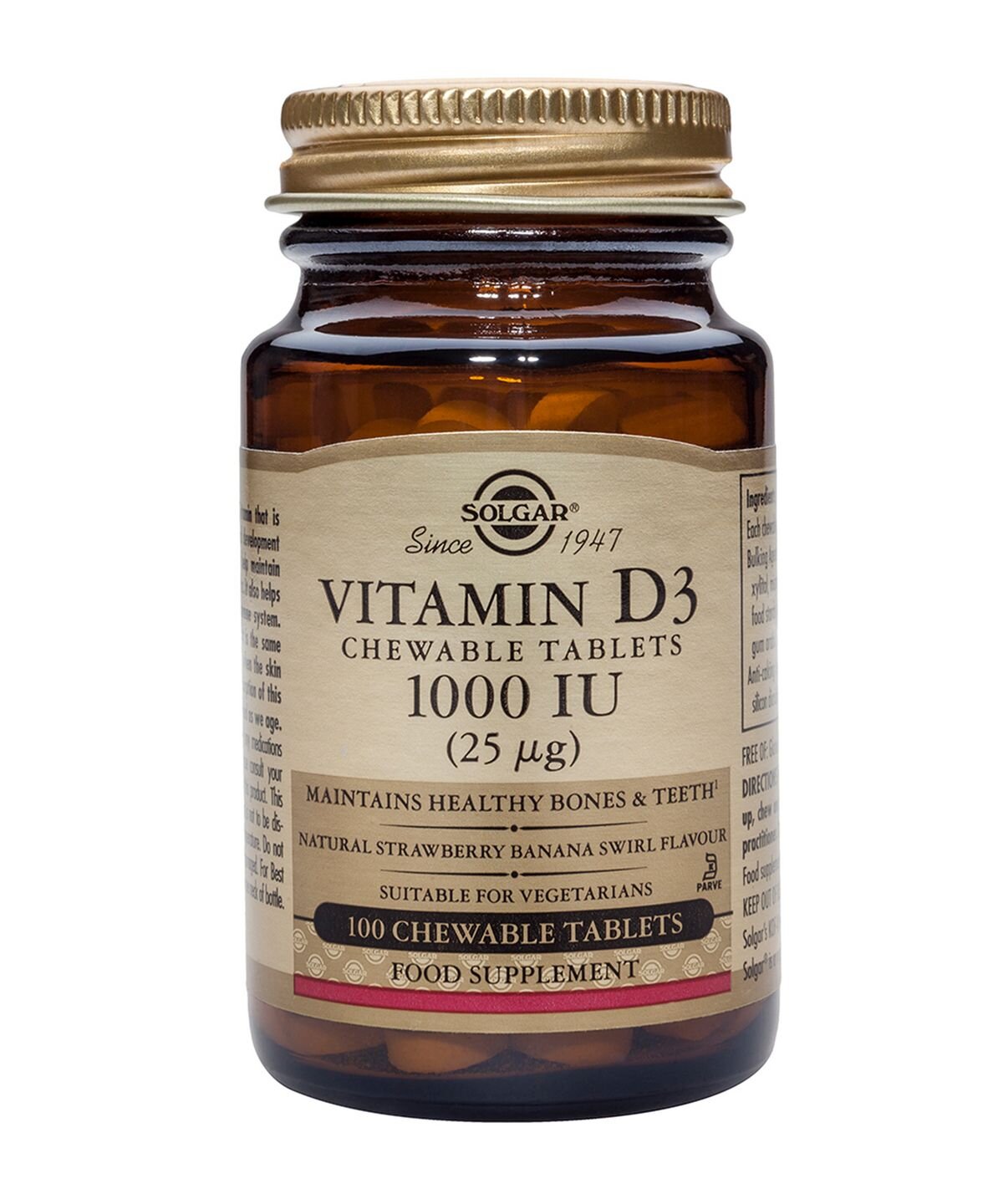How to ensure you're getting enough vitamin D this winter
Image: @humnutriton
Those of us who aren’t lucky enough to live nearer to the equator are likely getting a severe lack of vitamin D. Did you know that vitamin D is the only supplement that the government’s health advisers recommend we take year-round, to make up for the lack of sunlight we get in our corner of the world? However, with our time outside now limited, coupled with the dark mornings and nights, keeping our vitamin D levels topped up is crucial.
We all need vitamin D so our bodies can perform at optimum health: it regulates calcium, improves immunity, and makes for a healthy heartbeat. A deficiency could lead to anything from autoimmune disease to depression to dementia, although most commonly it’s associated with rickets. More subtle signs could include fatigue, muscle aches and pains, and susceptibility to infection.
How do you ensure you’re getting enough vitamin D? The most effective way is to ensure you’re gaining enough exposure to sunlight. Needless to say, there’s often a lack of that stuff here in Scotland, but even 30 minutes of sun exposure on the face and forearms, three to four times a week, is enough to keep your levels high enough. And don’t forget, SPF is a must.
Additionally, you can take vitamin D supplements, which you can also use in tandem with appropriate amounts of sun exposure to get your vitamin D fix. Hood’s editor, Maxine Eggenberger, began taking vitamin D supplements last summer, and they’ve been a part of her daily health routine ever since.
“After doing some research into supplements and vitamins, I was surprised to learn that vitamin D is the only supplement recommended to be taken regularly by government health professionals. With my energy levels at an all-time low, I thought it was worth a try. After a few weeks of taking them, I found my sleep to be deeper, waking up to be easier, and my energy levels increased. They really help pick me up in the winter months, too.”
Are there any foods that can up your vitamin D intake? In theory, it is possible to get more vitamin D from your diet, but it’s worth bearing in mind that it’s only found in a small number of foods. The best food sources for vitamin D are fatty fish – think mackerel, wild salmon, trout and sardines – while smaller amounts are found in beef, pork, chicken, cheese, and egg yolks. Mushrooms are a fantastic plant-based source, but it’s advised to pop them on a sunny windowsill to increase their vitamin D content.
Now that you’re clued up on all-things vitamin D, shop our favourite supplements below.

